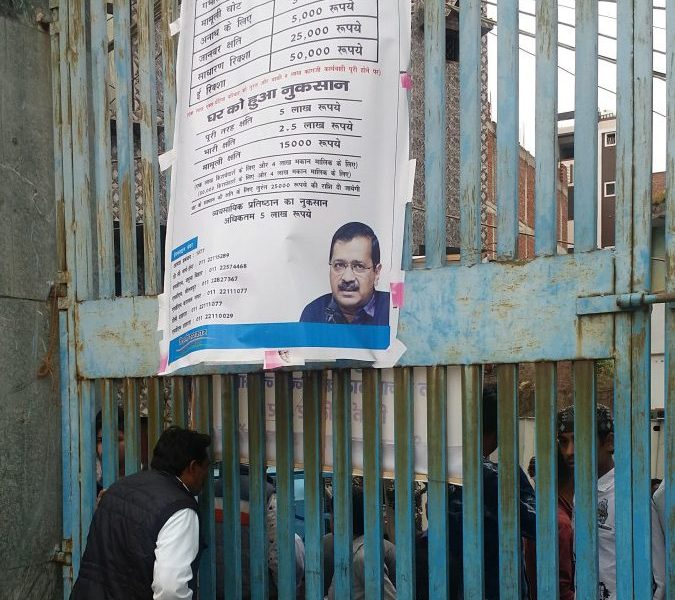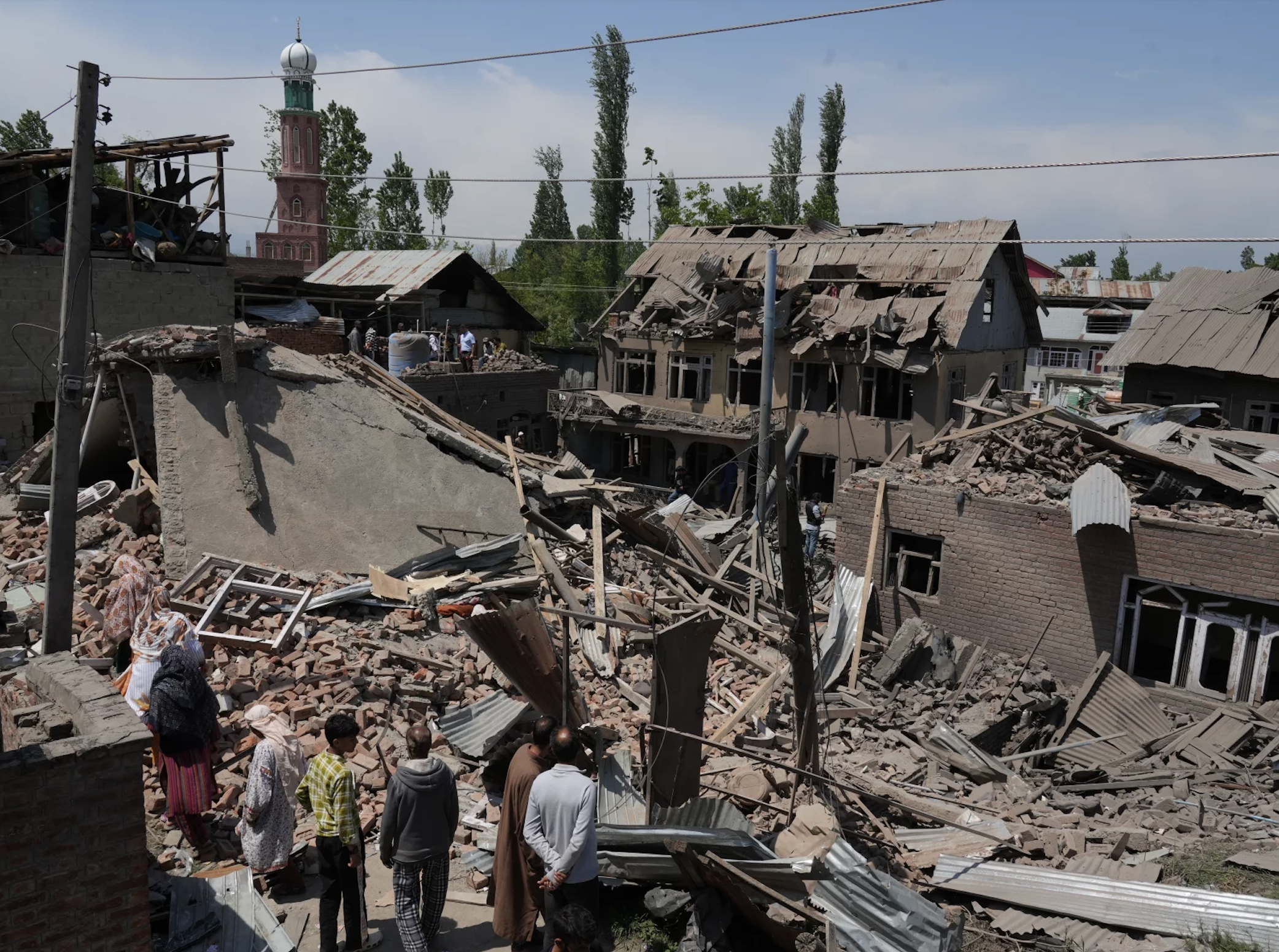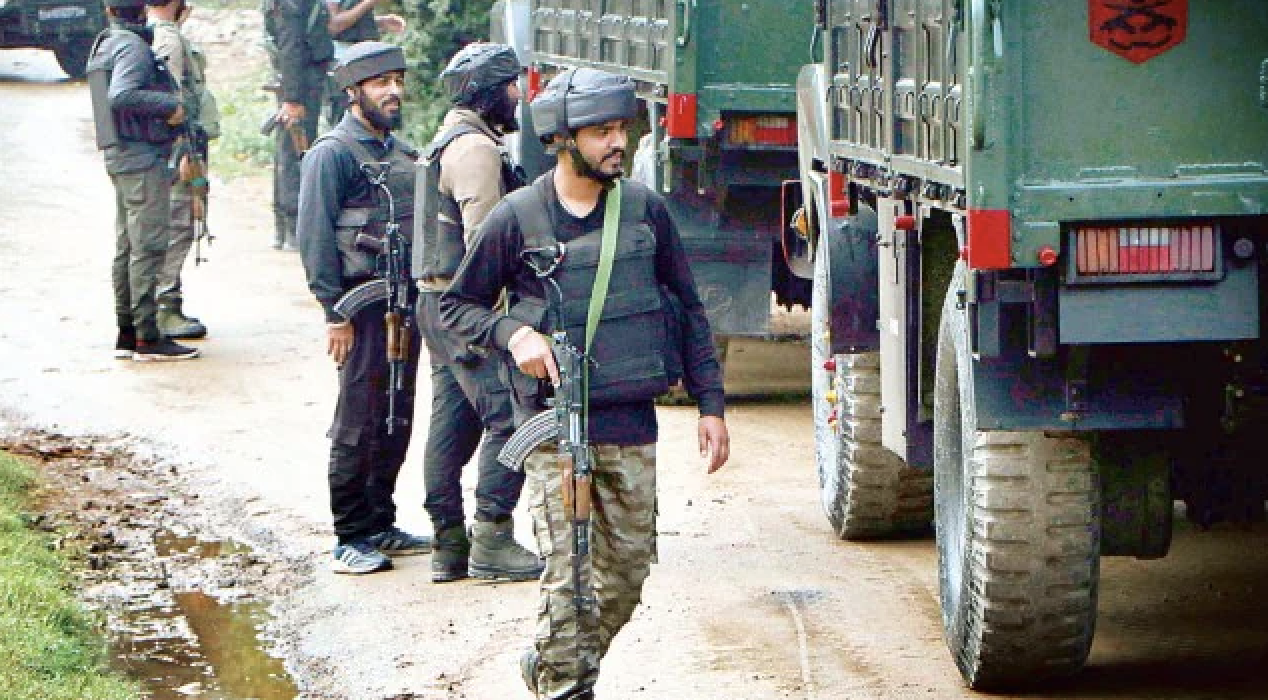
Kolkata: Less than a week after the violence in 2020, at a shelter near Mustafabad in northeast Delhi, a colleague and I spotted snaking lines. We followed them and realised they culminated at a long table at which four young women sat. They were lawyers, taking down information from people who had no small amount of losses. Some spoke to us and said that they were missing family members. Others’ shops had been gutted. The process of reparations could not begin soon enough for them.
Five years later, a report by the campaign Karwan-e-Mohabbat has shown that in this half decade, no meaningful compensation (other than ex gratia relief and death compensation in the immediate aftermath) has actually been distributed to the victim survivors – in a story of remarkable relinquishing of duties by all manner of authorities.
“This is arguably the worst performance of compensation payments after communal violence in the history of the Indian republic,” the writers of the report say. The report is titled ‘The Absent State: Comprehensive State Denial of Reparation and Recompense to the Survivors of the 2020 Delhi Pogrom.’

Karwan-e-Mohabbat, led by activist Harsh Mander, along with the legal aid group Aman Biradari Trust are among organisations that continue to represent, aid and engage with survivors of the violence.
The 117-page report published on the anniversary of the violence has as its main authors lawyers Suroor Mander and Swati Draik, and researchers Akanksha Rao, Ayushi Arora and Syed Rubeel Haider Zaid, along with Harsh Mander.
The report highlights the failure of the Union government and the Aam Aadmi Party led state government in “all tasks of reparation” during and after the violence, in rescue, relief, rehabilitation, compensation and bridging social divides.
This story was originally published in thewire.in. Read the full story here.





